A new frontier in clean energy may be on the horizon with nanoscale generators that capture electricity from molecules.


A new frontier in clean energy may be on the horizon with nanoscale generators that capture electricity from molecules.
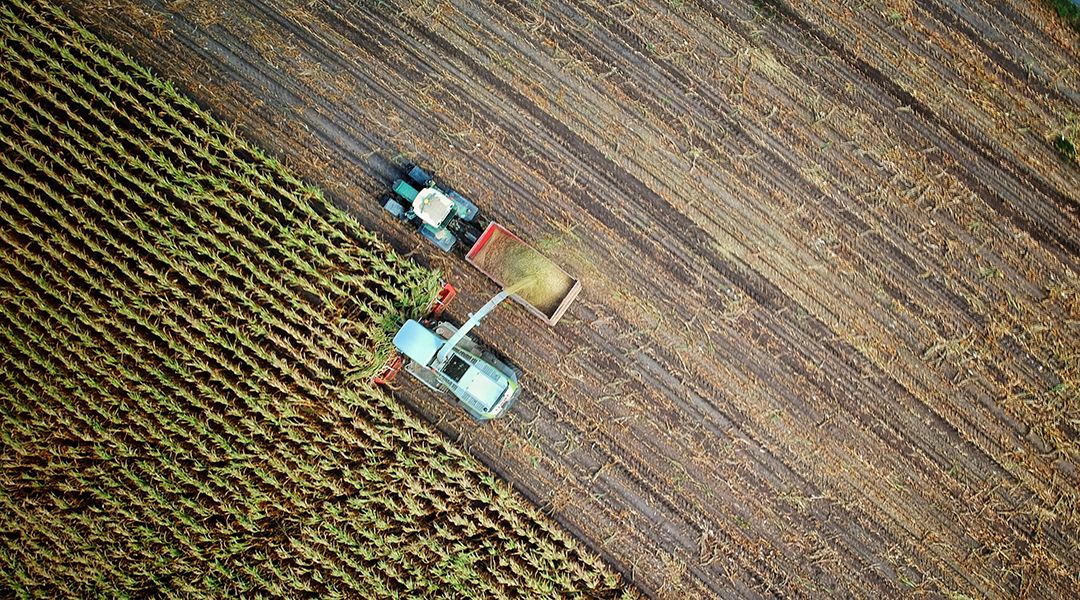
With innovations in biosensors, Internet of Things, and machine learning, a collective effort could offer a way to overcome an impending shortage.
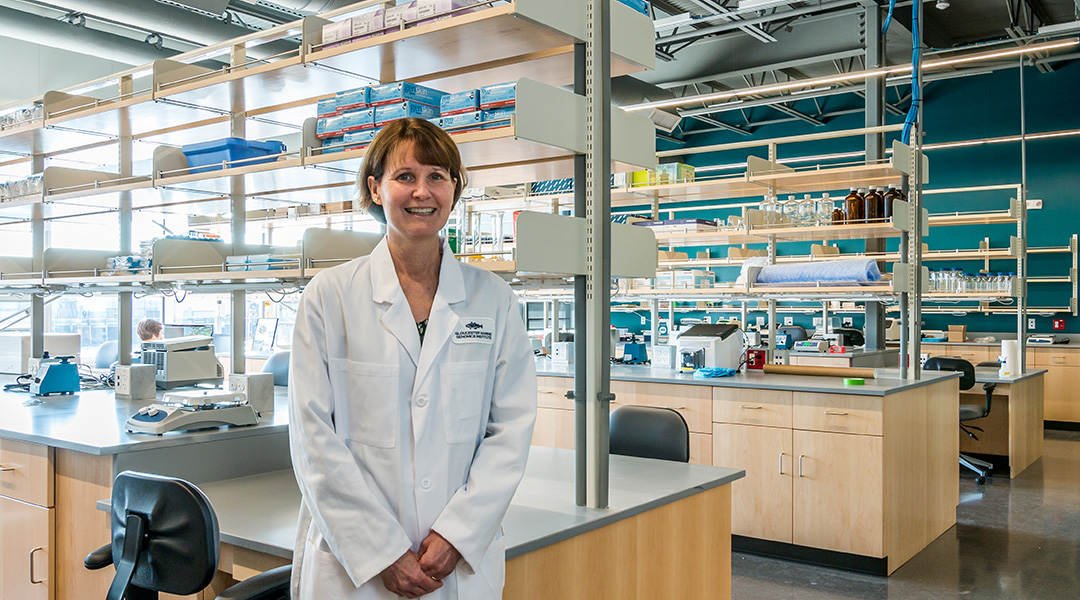
Andrea Bodnar, a biochemist by training, is leading researchers who strive to unlock the mysteries of marine life, promote sustainability, and inspire the next generation of scientists.

Harnessing Alfvén waves, scientists take a step closer to clean and abundant energy by learning how to tame runaway electrons in fusion reactors.
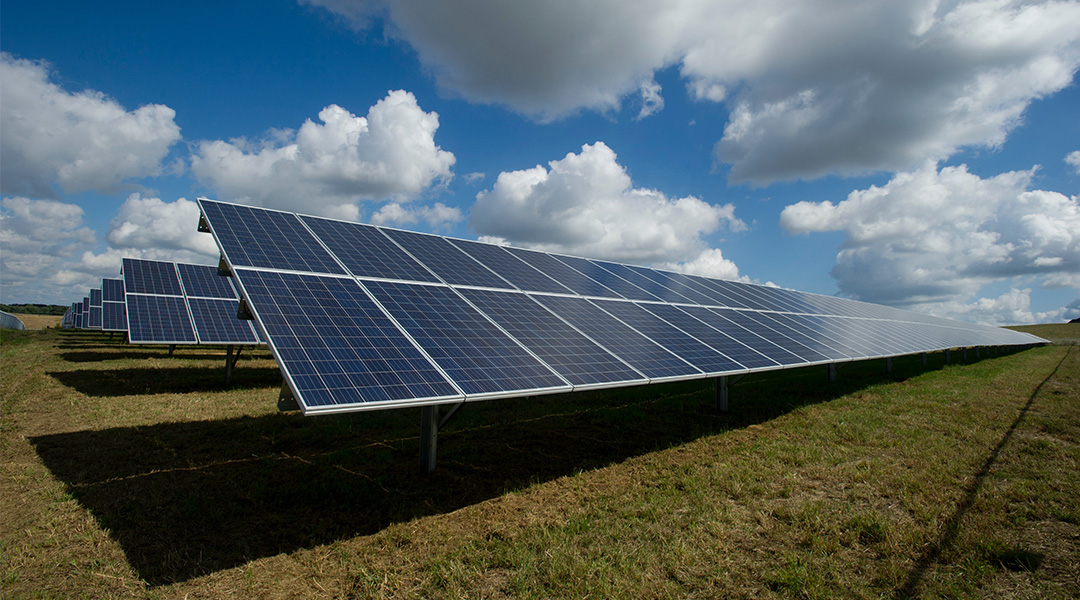
Autonomous materials laboratories and the research communities that build them will be crucial to achieving our climate goals.

Scientists convert waste coffee husks into cellulose fibers and films with potential applications in textiles and biodegradable products.
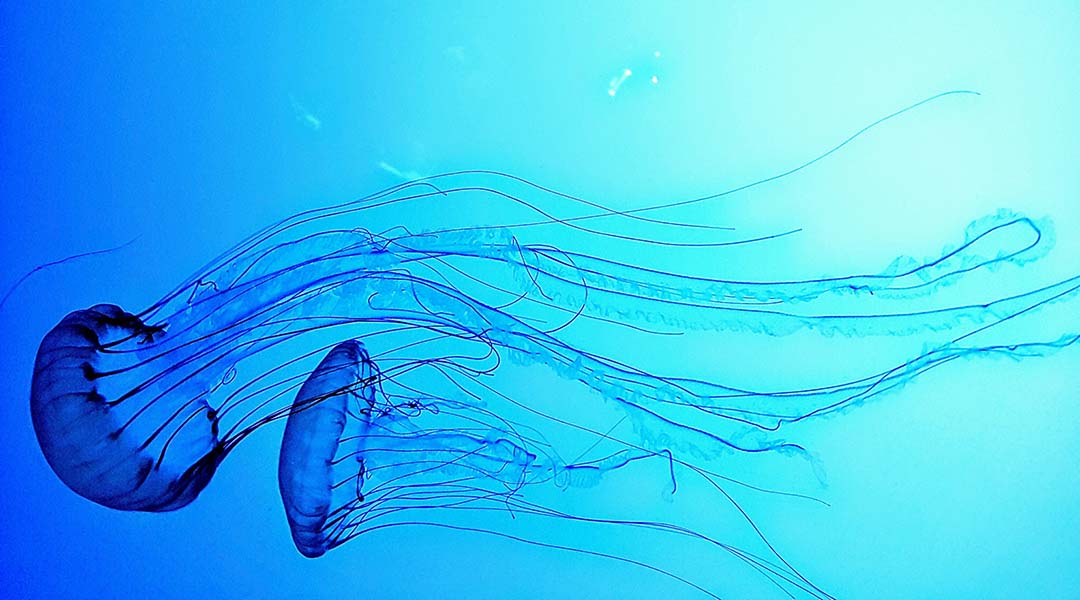
Learning from experience was believed to be restricted to more advanced creatures, but in a first, Caribbean jellyfish were shown to learn from past mistakes.
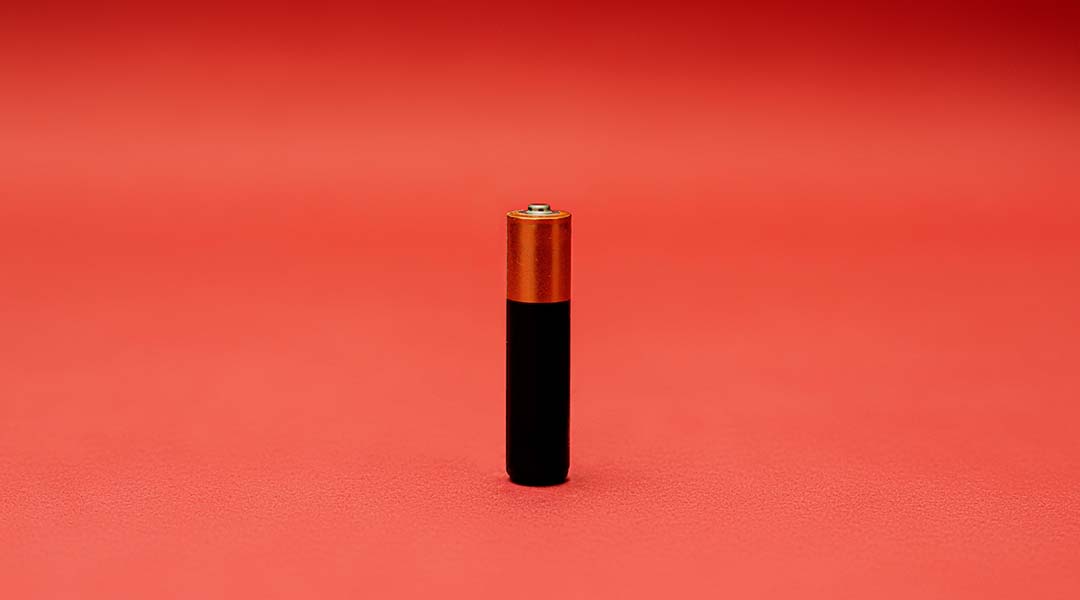
New research aims to improve the stability and safety of alternatives to rechargeable lithium-ion batteries using aqueous zinc and hydrogels.

This cost-effective solar evaporation device could supplant lengthy and expensive filtration systems normally used in wastewater treatment.
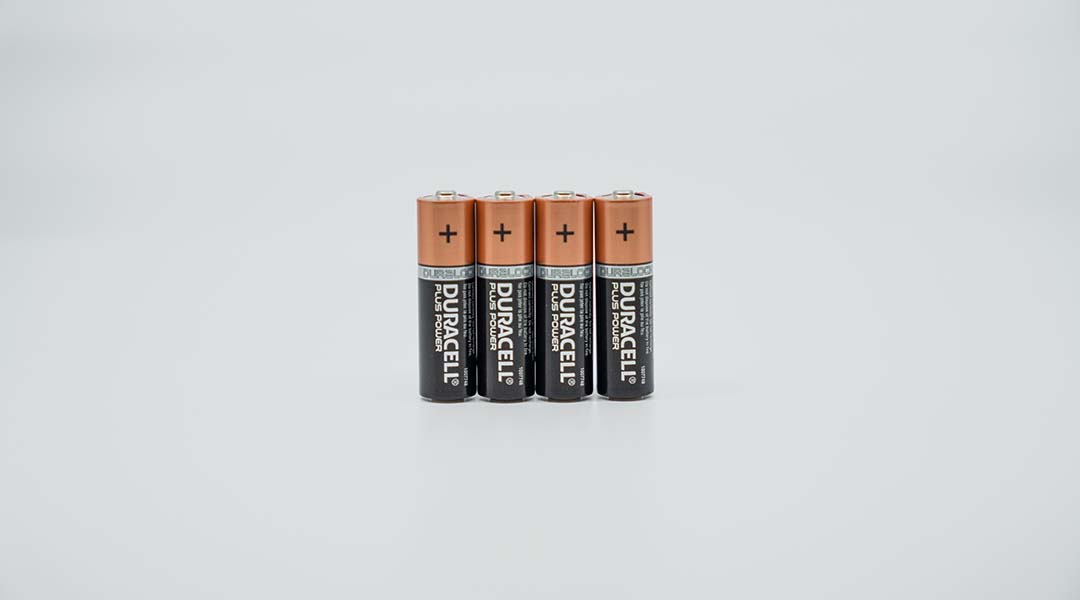
Scientists explore the challenges facing alternatives to lithium-ion batteries and suggests a roadmap to overcome these obstacles.